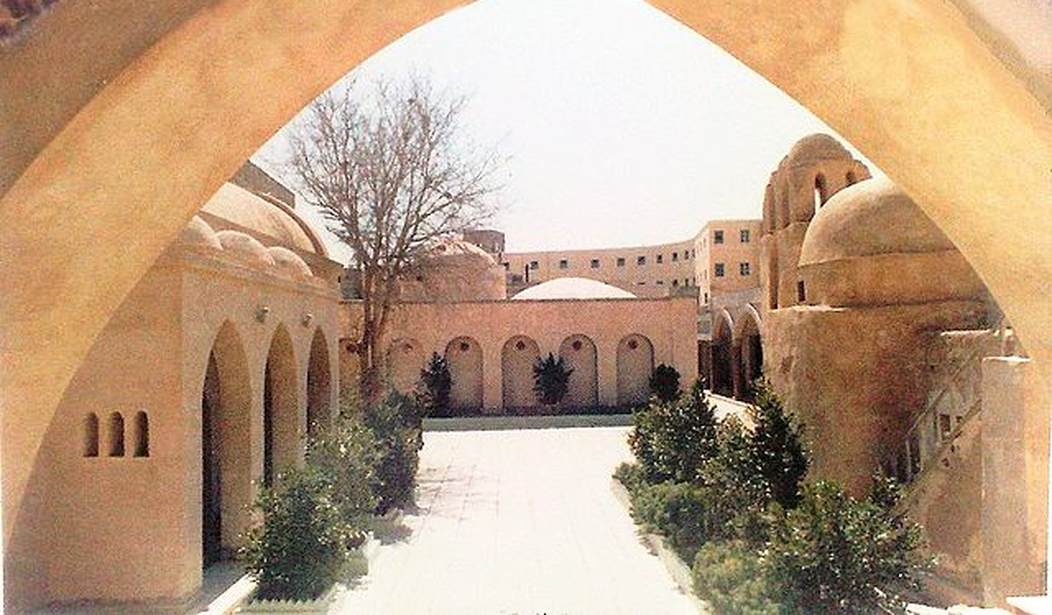Egyptian authorities recently barged onto and seized land belonging to an ancient Coptic Orthodox Christian monastery that was originally founded in the year 360 AD—that is, more than 250 years before Islam first invaded (and subsequently conquered) Christian Egypt in the seventh century.
On May 30, authorities arrived with bulldozers and police at the Monastery of Saint Macarius in the deserts of Wadi al-Rayan in Fayum. They demolished the fence of the annex-farm and other structures, including a church that had been erected by the monks living there. Several monks who protested or tried to prevent this state-sanctioned destruction were arrested but shortly released.
The reason for this takeover is that the monastery has been unable to pay the exorbitant levies that the government imposed on it a few years ago, in large measure due to the many government-enforced COVID-19 restrictions, including on tourism, which would have helped keep the ancient monastery afloat.
Recommended: Will Christian Black Lives Ever Matter? The Ignored Genocide in Nigeria
Commenting on this, Christian Solidarity Worldwide, a human rights organization, said:
Whilst we recognise the right of the government to collect the agreed taxes, we also recognise that this monastery has been on this site for centuries and that the rental levies are a relatively recent expense in its historic existence. We encourage all parties to engage in a process of negotiation to ensure a just settlement in this matter, including a reappraisal of the rent that the monastery is required to pay, which is a considerable financial burden even outside the unusual circumstances of the COVID-19 pandemic, which has negatively impacted livelihoods in Egypt and across the world.
It’s worth noting that this is hardly the first time that the Egyptian government has harassed the ancient Christian monasteries scattered in the deserts of Egypt—the one in question, St. Macarius, in particular.
In 2015, for instance, the Egyptian government initiated a project to build a road around Fayum. The proposed road would have crossed the territory around it and threatened to destroy ancient heritage sites connected to the Monastery of St. Macarius. Although its monks had submitted alternative plans that would allow for a road while preserving the site’s integrity, authorities rejected them.
In the end, the monks had no choice but to lay their bodies down before the path of the bulldozers, which arrived to the accompaniment of triumphant cries of “Allahu Akbar” from the company drivers and workers (pictures here). Then, the monks were arrested again, though later released, and the road construction started, against their will.










Join the conversation as a VIP Member